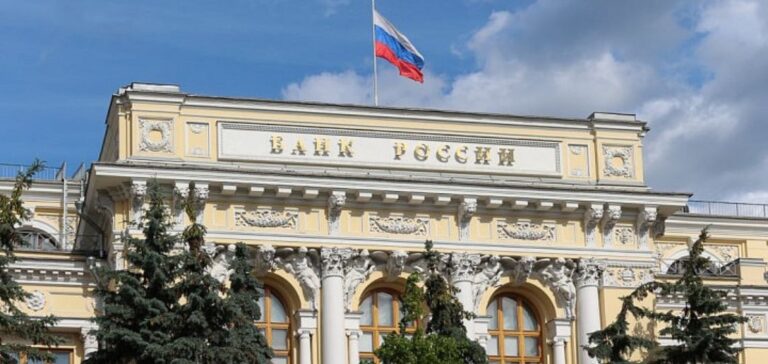Latvia, Lithuania and Estonia reached an agreement on Thursday to disconnect from the Russian-controlled electricity grid and connect to the EU system.
Disconnection from the Russian power grid to boost Baltic energy security
The prime ministers of NATO’s Baltic states signed a joint declaration committing themselves to completing this transition by February 2025.
“The fact that the Baltic States remain part of the BRELL power system, managed by Russia, is a threat to the energy security” of these three small nations, said the heads of their governments in the statement.
In 2018, the Baltic States received funding from the EU. They have decided to synchronize their power grids with the continental European system to strengthen their energy independence. This will reduce their dependence on the Russian-controlled power grid.
Energy security in the Baltic States: Connection to the EU power grid
These three countries will thus end their Soviet-era dependence on Russian energy. In this way, they will connect to the EU power grid via Poland, boosting their energy security. This transition will enable the Baltic States to improve their resilience and energy autonomy, while helping to strengthen energy integration within the European Union.
“Although we expect the Baltic countries’ power systems to be ready for synchronization by February 2025, it is important to act together to complete the remaining projects,” said Ingrida Simonyte, Lithuania’s Prime Minister, in a statement.
Estonia, Latvia and Lithuania were part of the Soviet Union until 1991. Today, these three countries actively support Ukraine. They have reached an agreement to disconnect from the Russian power grid and connect to the EU grid.






















